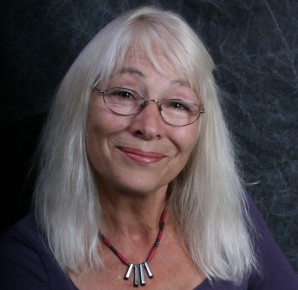In 1728, Johnson, thought to have been supported by one of his school friends, went to Pembroke College in Oxford aged 19. His father, Michael, went with him on his first day there. Boswell writes that Johnson’s figure and manner appeared strange to them; [the tutors] but he behaved modestly, and sat silent, till upon something which occurred in the course of conversation, he suddenly struck in and quoted Macrobius; and thus he gave the first impression of that more extensive reading in which he had indulged himself.’ For the first year he got along fine. Boswell says that Johnson claimed not to be attending lectures, but that other people in Pembroke said he was attending regularly. In the vacation the following year when Johnson was 20, while back at Lichfield, he ‘felt himself overwhelmed with an horrible hypochondria, with perpetual irritation, fretfulness and impatience; and with a dejection, gloom and despair, which made existence misery. From this dismal malady he never afterwards was perfectly relieved; and all his labours, and all his enjoyments, were but temporary interruptions of its baleful influence.’ Boswell goes on to say that because of his terrible mental illness people didn’t envy him his genius. ‘He [Johnson] told Mr. Paradise that he was sometimes so languid and inefficient, that he could not distinguish the hour upon the town-clock.’
He walked for miles to overcome his condition. ‘Johnson, upon the first violent attack of this disorder, strove to overcome it by forcible exertions. He frequently walked to Birmingham and back again, [around 19 miles] and tried many other expedients, but all in vain.’ Boswell is concerned that people did not think Johnson to be mad. He says, ‘But let not little men triumph upon knowing that Johnson was an HYPOCHONDRIACK, was subject to what the learned, philosophical, and pious Dr. Cheyne has so well treated under the title of ‘The English Malady.’ Boswell goes on to say that while he was aware that Johnson was only too ready to call it madness, ‘The powers of his great mind might be troubled, and their full exercise suspended at times; but the mind itself was ever entire.’ Further, ‘But there is surely a clear distinction between a disorder which affects only the imagination and spirits, while the judgement is sound, and a disorder by which the judgement itself is impaired.’ Tweet this and link back.
Religion didn’t impress Johnson until he read something at the age of 20 that made him begin to think about it. Before that he told Boswell that ‘I fell into inattention to religion, or an indifference about it, in my ninth year. The church at Lichfield, in which we had a seat, wanted reparation, so I was to go and find a seat in other churches; and having bad eyes, and being awkward about this, I used to go and read in the fields on Sunday. This habit continued till my fourteenth year; and still I find a great reluctance to go to church.
Another habit that I find interesting described by Boswell is the fact that Johnson didn’t think it necessary to finish the books he read. Boswell was told that ‘‘Johnson knew more books than any man alive.’’ He had a peculiar facility in seizing at once what was valuable in any book, without submitting to the labour of perusing it from beginning to end. He had, from the irritability of his constitution, at all times, an impatience and hurry when he either read or wrote.’ Ha! I loved that.
Boswell interviewed a great number of people who had known Johnson in various contexts and a Dr. Adams from Pembroke described him as, ‘‘caressed and loved by all about him, … a gay and frolicksome fellow…’ To which Johnson retorted, when told this by Boswell, ‘‘Ah, Sir, I was mad and violent. It was bitterness which they mistook for frolick. I was miserably poor, and I thought to fight my way by my literature and my wit; so I disregarded all power and all authority.’’



